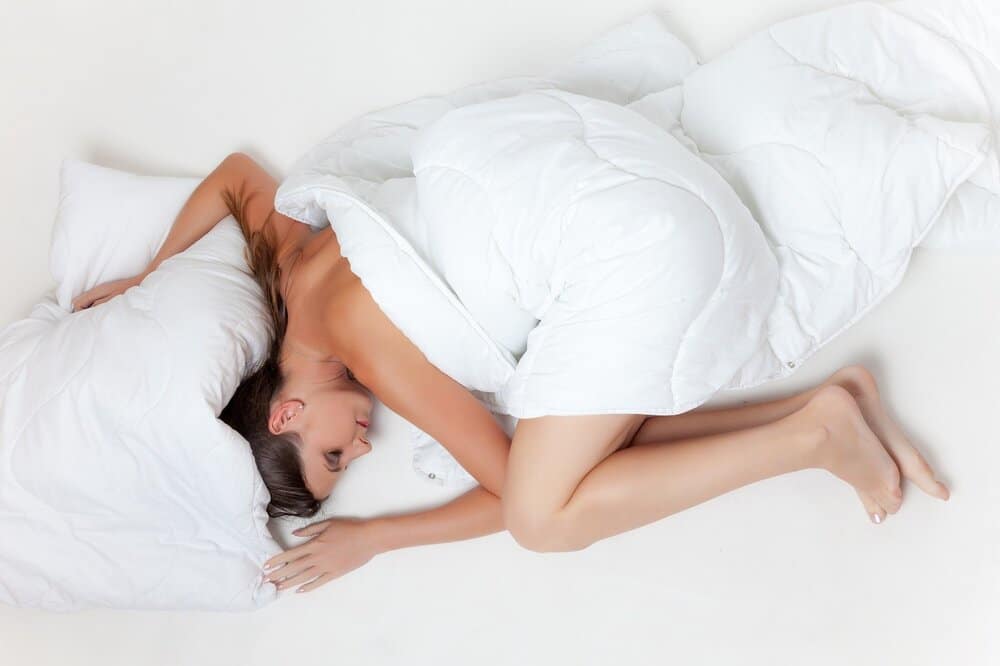By David Saunders | UPDATED: 11:28, 19 March 2020
The NHS recommends that adults need between 6 to 9 hours sleep every night, with the amount of sleep and a steady routine strongly associated with good health.
Studies regarding interrupted sleep routines have shown a correlation between a lack of sleep and increased anxiety levels.
And with one third of us (36.1%) struggling to fall asleep quickly, more respondents (41%) stating they frequently wake up in the night, it’s no surprise that many of us are struggling to find a good nights’ sleep.
If so many of us are struggling with sleep, what actually is affecting us?
Millennials are struggling with their sleep the most
According to the survey, sleep satisfaction increases with age. 57% of 18 to 24 – year olds reported tiredness when they woke up, while only a third those aged 55+ reported similar tiredness.
Natural bedding can make all the difference. Synthetic materials in bedding can be linked to raised body temperatures during the evening, potentially leading to sweating and discomfort while sleeping. The survey found that people feather, and down pillows are 66% less likely to experience report sleeping difficulties or daytime tiredness than people with synthetic pillows.
Location, location, location
People in London and the West Midlands get the most sleep of anyone in the country, with over 60% of people living in these are as getting more than seven hours per night.
On the other hand, the North East gets the least amount of sleep with 50% of people saying that they have trouble falling asleep, and 53% saying that they wake frequently during the night.
Only 6% of people in the North East say they regularly sleep well, contrasting with 15% of people in the South West who report no sleeping problems.
Overall, those in the south of England are getting an extra 12 minutes of sleep a night over those in the north of England.
Tips to Improve Your Sleep Hygiene
1. Routine
Building a regular sleep routine is vital for healthy sleep. Making the effort to settle into a disciplined sleep pattern will regulate your body clock, help you to settle and fall asleep quicker too.
2. Unwind
Taking the time to unwind before bed is vital if you’re going to get a good night’s sleep, a light stretch and time away from work activities will clear your mind before bedtime.
3. Switch off
Exposure to bright lights late at night can cause you to be overstimulated. Switching off the TV and putting away your smartphone will help your brain relax and prepare for bed.
4. Create a comfortable sleeping space
If you aim to get 6 hours sleep a night, you’ll spend 25% of every year in bed. It’s important to create the most comfortable environment for you. Make sure you’ve got a mattress that’s suited to you, a duvet that’s suitable for the season and pillows that are perfectly supportive.
5. Optimise your bedroom environment
Reducing external lighting and noise will significantly improve your sleep quality. Dark and quiet rooms are essential to higher quality sleep, remove all distractions such as TVs and mobile phones
The Full Survey results can be found here





